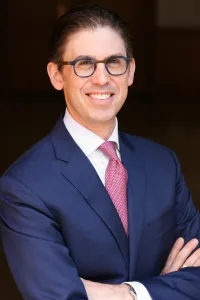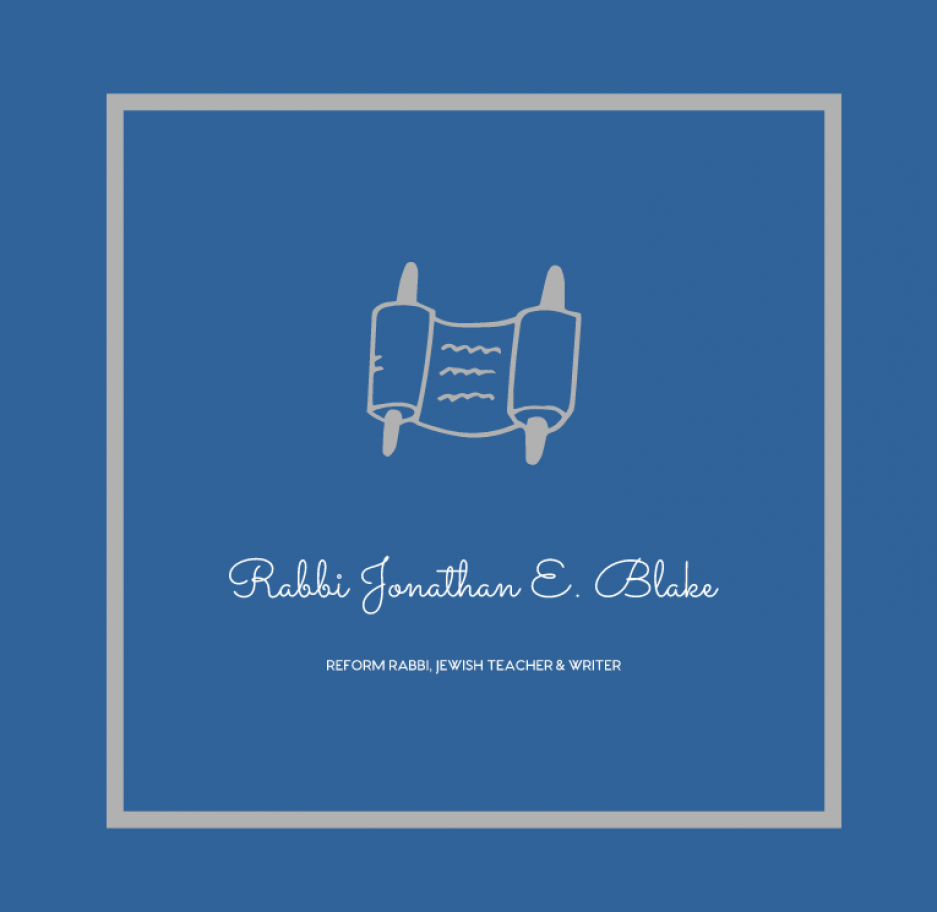Sermon delivered at Westchester Reform Temple, Friday, January 12, 2024
In late February 2020, Kelly and I joined ten other couples, all rabbis and their spouses or partners, on a nine-day trip to Egypt. It seems hard to fathom even now. We visited just days before pandemic lockdown, openly as a Jewish group, with an Israeli travel company, meeting with most of the remaining Jews left in Cairo and learning about Egypt’s efforts to cultivate Jewish and, specifically, Israeli tourism, by pouring millions of dollars into the restoration of historic synagogues.
At the time of our visit, there were eight officially recorded Jewish residents of Cairo. In 1948, upon the establishment of the State of Israel, Egypt had between 75,000 and 80,000 Jews, most of whom were expelled beginning in the 1950’s after the establishment of the State of Israel, a fate similar to that of most Jews from Arab lands.
For these reasons—to say nothing of blood and frogs and lice, oh my!—I approached the trip with hesitation bordering on trepidation. Little did we know we had more to fear from an invisible virus than from other threats either real or imagined, like terrorism, or mummies’ tombs. Still, for this rabbi, the very mention of “Egypt” called up all sorts of associations, most of them bad. Is any other place on earth called “the house of bondage?” I recalled the Torah’s admonitions never to go back to Egypt (see, for instance, Deuteronomy 28:68), where our people were ruthlessly enslaved at mortar and brick. But, I figured, a chance like this doesn’t come around every day, so Kelly and I boarded a plane and we were off.
What we discovered in Egypt dispelled my anxieties and opened my eyes. We encountered a complex, vibrant, and wounded society, still reeling from the failed Arab Spring of a decade prior, which precipitated the overthrow of the despot Hosni Mubarak, and the subsequent coup d’etat that ousted his successor Mohammed Morsi, who had violently suppressed the protest movement, followed by the rise to power of his rival, Abdel Fattah el-Sisi.
Even now, under el-Sisi, Egypt remains a repressive autocracy: a military dictatorship with a third of its people living in crushing poverty. We also experienced a society of generous hospitality, kindness, an openness to tourists—yes, Jewish tourists—and, at least where it counts, between government officials, a longstanding partnership between Egyptians and Israelis, particularly where security matters are concerned. Egypt has remained Israel’s most steadfast and important regional partner, with whom a stable peace has been preserved for forty-five years.
My time in Egypt certainly informed how I think about Egyptians, who feature at the center of this week’s Torah reading, Parashat Va’era (the second portion in the Book of Exodus), and who, at the same time, are de-centered from that narrative, in that the story is told from the Israelites’ perspective.
This parasha depicts the first seven plagues against Egypt, a contest of escalating violence between the God of the Hebrews and the Pharaoh, his court, and all the gods of Egypt, with the objective of freeing the captive Israelites from Pharaoh’s ruthless terror regime. Unmentioned but surely present were the countless Egyptians enduring a horrific bombardment which brings to their territory widespread destruction of property, the death of cattle and livestock, a shortage of food and potable water, outbreaks of vermin and disease; a terrifying rain of fiery hail; and that’s just this week’s parasha. Next week will come the locusts and the darkness and the death of the firstborn.
In any case, I have thought a lot, in recent days, about these ordinary Egyptians, and have taken a liberty Rabbis tend to take: to read the Torah not only at the level of p’shat, the plain sense of the text, but also at the level of d’rash, or, midrash, imagining the story in between the lines of the text.
I wondered what the Egyptian masses in between the lines of our story felt about the unrelenting assault on home and property and health and life. Terror, certainly. But what else? Bewilderment? Impotence? Rage?
And if rage, at whom? Did they blame Pharaoh and his courtiers for getting them into this mess in the first place? Did they blame Pharaoh for his stated aim to commit genocide against the Hebrews, issuing a policy of drowning their children in the Nile?
Did they blame their own taskmasters for brutalizing the Hebrew slaves? Or did they believe they were just following orders? I imagine that the vast majority of Egyptians lived far from Israelite settlements, and did not see themselves as complicit in any way with their suffering, any more than the average Israelite saw him or herself as complicit in the hell of plagues inflicted on their enemy. And yet the average Egyptian surely suffered inordinately while Pharaoh and his company enjoyed the luxury of palace life.
Did the Egyptians blame the Hebrews for settling in their land under Joseph, generations earlier?
When Moses demands, again and again, “Let my people go,” and Pharaoh refuses, again and again, his heart hardening to the plight of the captives, how did that play on the “Egyptian street?” From what I saw of Egyptian archaeology in February of 2020 I can confidently say that ancient Egypt was not an open society; the Pharaoh ruled supreme as a living god among the people. I’m sure public protest was not tolerated in Egypt, so it’s hard to know how ordinary Egyptians felt about Hebrew slavery at all, given that they were no less subjects to Pharaoh’s iron-fisted rule, whose lives mattered little to their autocratic tyrant.
I imagine that these ordinary Egyptians, embittered by life and indoctrinated by their state-sponsored belief system to worship death, probably carried a deep and pervasive sense of victimhood.
I wonder all this about the Egyptians, and my questions continue to go unanswered. The text gives us only what it gives: the words on the page, and the blank spaces in between to ask questions and imagine the untold stories. We call this midrash.
But there are other Jewish texts—important texts—both within Torah and beyond it, that invite us to recognize that—despite the fact that the Egyptians were our enemies, and despite the fact that for us to demand freedom from captivity and terror was just both in cause and in means—even the use of force—the Egyptians, nevertheless, were human beings, and suffering human beings at that.
Even in the hell of war, Judaism does not give us license to dehumanize the enemy. Even one’s enemy is a human being made in the image of God.
When the Ten Plagues are recounted at the Pesach Seder, we spill a drop of wine in acknowledgment that the fruit of our joy, the cup of our liberation, is diminished by the suffering of the Egyptians.
The Talmud affirms that God does not rejoice in the defeat of the enemy and even portrays God as chastising the angels for wanting to sing while the Egyptians were drowning in the Sea (Talmud Bavli, Megillah 10b).
And the Torah’s own directive:
לֹא־תְתַעֵ֣ב מִצְרִ֔י כִּי־גֵ֖ר הָיִ֥יתָ בְאַרְצֽוֹ׃…
…You shall not abhor an Egyptian, for you were a stranger in his land (Deut. 23:7b).
I would be remiss not to conclude, on this holiday weekend Shabbat, with words by Rev. Dr. Martin Luther King. On the subject of loving our enemies, a notion deeply embedded in Christian thought but not emphasized in Judaism (and in some ways at odds with it), King delivered a sermon at the Dexter Avenue Baptist Church in Montgomery, Alabama on November 17th, 1957, that offers food for thought for this Jewish setting at this Jewish moment.
“In the final analysis,” King said, “love is not this sentimental something that we talk about. It’s not merely an emotional something. Love is creative, understanding goodwill for all men. It is the refusal to defeat any individual. When you rise to the level of love, of its great beauty and power, you seek only to defeat evil systems.”
“Oh God,” he prayed, “help us in our lives and in all of our attitudes, to work out this controlling force of love, this controlling power that can solve every problem that we confront in all areas.”
Amen.

